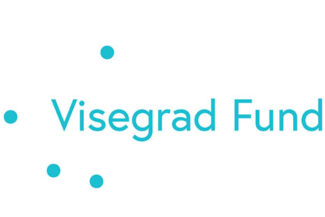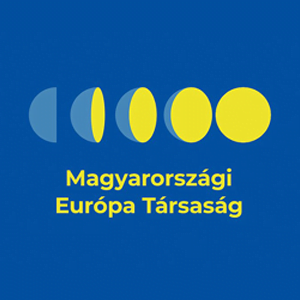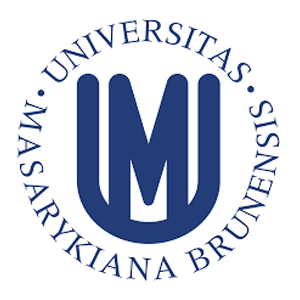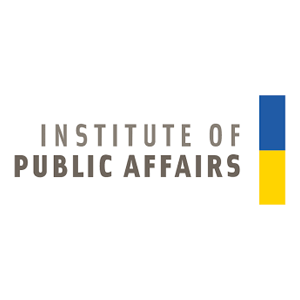Supporting Decrease of Media Polarization in Georgia and V4 States
Project duration: 01/06/2023–01/07/2024
Donor: International Visegrad Fund and Ministry of Foreign Affairs of the Republic of Korea
Partners: Strategic Analysis Think Tank (Slovakia), Hungarian Europe Society (Hungary), Masaryk University (Czechia), Foundation Institute of Public Affairs (Poland)
Budget: 23,460.00 Euro
Project Summary:
The project aims to mitigate deepening media polarization in support of voters’ informed decision making in Georgia and V4 states by assessing internal and external political factors that stimulate polarization after the start of the war in Ukraine, as well as by promoting dialogue and experience exchange between media and civil society of Georgia, Slovakia, Hungary, Czech Republic and Poland. Project proposal focuses on the critical challenges of media polarization and responds to the questions about how to cope with increasing pressure and make media more accountable. The project also aims to distinguish the mechanisms to mitigate polarization in the media and find the ways of how media can facilitate political debate to help voters make informed decisions based on the best practices.
Project activities:
- Developing a joint policy paper assessing the media polarization in Georgia, sharing the experiences of the V4 states;
- Organizing an online public discussion together with Georgian and V4 media representatives about the domestic and international issues boosting polarisation in target states;
- Organizing at least closed briefings for the media producers, editors and the leads of the political TV shows, and representatives of the radio, printing and online press agencies;
- Holding the final presentation of the research findings and the study trip results’
- Creating multimedia video products together with the Georgian and V4 state journalists about one internal and one external political issue that polarises the media and society in general.
Disclaimer:
The project is co-financed by the Governments of Czechia, Hungary, Poland and Slovakia through Visegrad Grants from International Visegrad Fund. And also by the Ministry of Foreign Affairs of the Republic of Korea. The mission of the fund is to advance ideas for sustainable regional cooperation in Central Europe.





